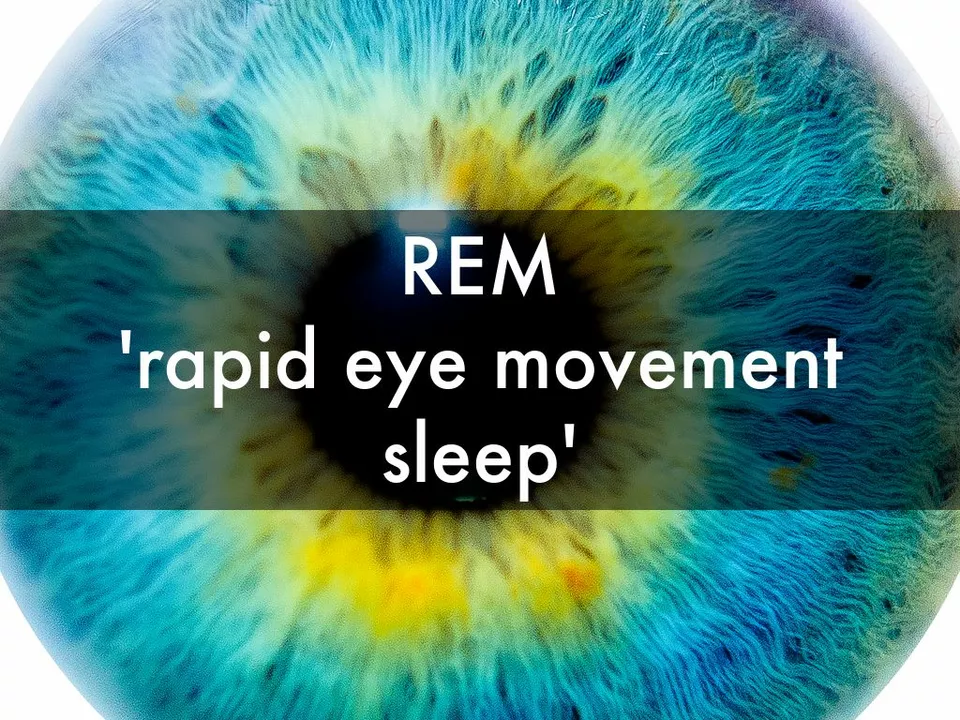Language Learning Made Simple: Practical Tips You Can Use Today
If you’ve ever wanted to chat in another tongue but felt stuck, you’re not alone. Most people think they need fancy classes or a huge time budget, but the truth is simpler. Small daily actions add up fast, and the right tools keep you motivated.
Start With Real Talk
Pick a phrase that matters to you – something you’d actually say in a coffee shop or on a video call. Say it out loud, write it down, then repeat it until it feels natural. This trick tricks your brain into treating the new language like a habit instead of a chore.
Next, swap one part of your day for the target language. Listen to a podcast while you cook, read a short news headline before bed, or change your phone’s language settings. You’re not studying; you’re just surrounding yourself with the words you need.
Free Tools That Really Work
Don’t spend money on every app that promises fluency. Apps like Anki for flashcards let you create personalized decks and use spaced‑repetition to lock vocab in memory. For listening, YouTube channels with subtitles give you real conversation speed without the pressure of a classroom.
Another hidden gem is language exchange sites. Find a partner who wants to learn your native tongue and set up short 15‑minute chats. You get practice speaking, and they help correct your mistakes on the spot.
Remember to keep a tiny notebook – even a phone note works – where you jot down new words, funny expressions, or grammar quirks you notice. Review it daily; the act of writing reinforces recall better than passive reading.Finally, celebrate micro‑wins. Mastered your first set of greetings? Got a sentence right in a real conversation? Give yourself a pat on the back and note what helped you succeed. Those moments build confidence and keep the momentum going.
Learning a language isn’t about endless textbooks; it’s about making the new words part of your everyday life. Use these bite‑size habits, free tools, and real‑world practice, and you’ll see progress faster than you expect.
The Role of Rapid Eye Movement Sleep in Language Learning and Retention
As a language enthusiast, I've recently delved into the fascinating connection between Rapid Eye Movement (REM) sleep and language learning. It turns out that REM sleep plays a crucial role in consolidating our newly acquired linguistic skills, making it a vital component for effectively learning and retaining a new language. Moreover, studies have shown that the more time we spend in REM sleep, the better our ability to recall and apply these skills. So, it seems that a good night's sleep with ample REM cycles is just as important as regular practice when it comes to mastering a new language. Don't skimp on sleep, fellow language learners!
More
